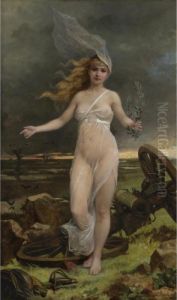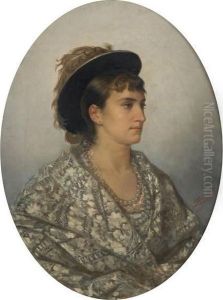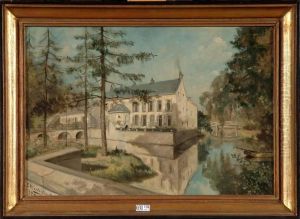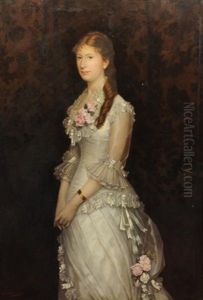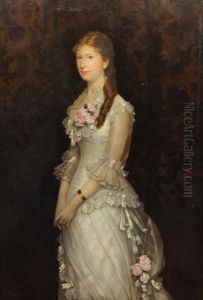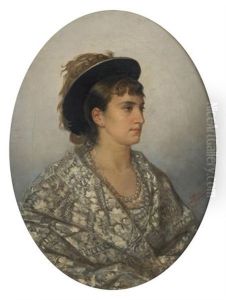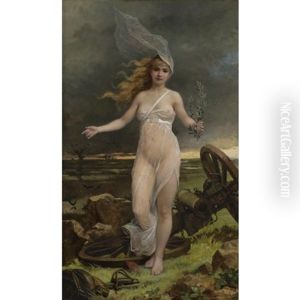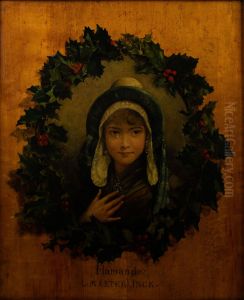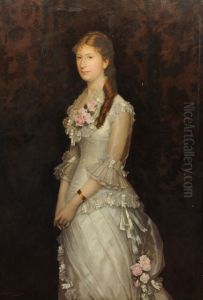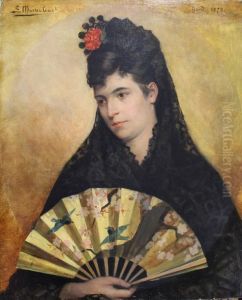Louis Maeterlinck Paintings
Louis Marie Anne Couperus Maeterlinck, born on August 29, 1862, in Ghent, Belgium, was not just a playwright but a poet and essayist who played a significant role in the Symbolist movement. His works are characterized by their mystical and somewhat fatalistic view of life, and he was awarded the Nobel Prize in Literature in 1911 for his outstanding array of dramatic works that delve into the human spirit's depth and mystery. Maeterlinck’s early education was at a Jesuit college in Ghent, which was followed by legal studies at the University of Ghent, though he never practiced law, instead turning to literature and writing as his primary vocation.
Maeterlinck's literary career began with the publication of his first poems, but it was his plays that brought him international fame. His most famous work, 'Pelléas et Mélisande' (1892), was a groundbreaking play that eschewed traditional dramatic action for symbolism and mood, profoundly influencing the direction of 20th-century drama. This play alone established Maeterlinck as a leading figure in the Symbolist movement, with its exploration of themes such as fate, love, and the unconscious mind. The play was later adapted into an opera by Claude Debussy, further cementing its place in the annals of artistic achievement.
Throughout his career, Maeterlinck continued to write plays, poetry, and essays, exploring themes of mysticism, the metaphysical, and the human condition. His other notable works include 'The Intruder' (1890), 'The Blind' (1890), and 'The Blue Bird' (1908), the latter of which is a fairy play for children that has been adapted into several films and remains a beloved classic. Maeterlinck’s work often focused on the unseen forces that shape human lives, reflecting his interest in spiritualism and the philosophical.
Despite facing criticism for his sometimes obscure and allegorical style, Maeterlinck’s influence on both the Symbolist movement and modern drama cannot be understated. His contributions to literature were recognized not just by the Nobel Prize but also by his election to the Académie française in 1911, an honor that underscored his impact on French literature, despite his Belgian origins.
Louis Maeterlinck passed away on May 6, 1949, in Nice, France. His death marked the end of a career that spanned nearly six decades, during which he profoundly influenced the literary and dramatic worlds. Today, Maeterlinck is remembered not only for his contributions to Symbolism and modern drama but also for his philosophical essays that explored the complexities of human life and the natural world, making him one of the most intriguing and complex figures in the history of literature.
